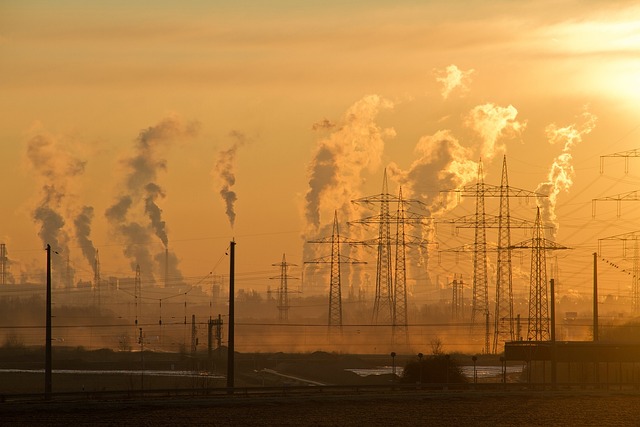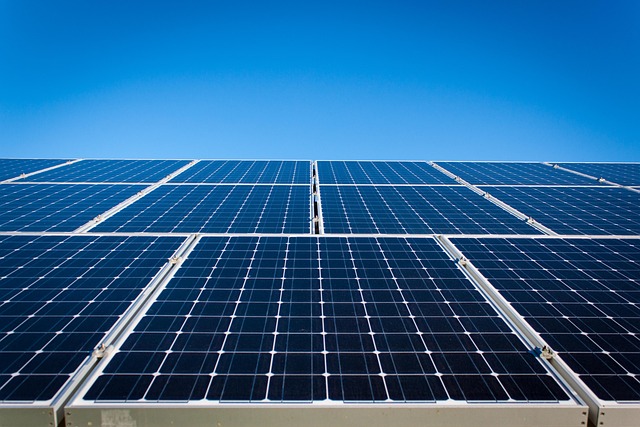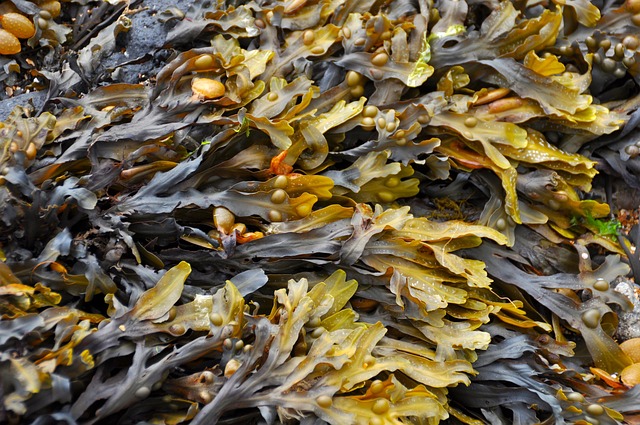Uncovering the Impact of Agricultural Pollution on Melting Environments: A Climate Change Crisis
The rhythmic cycle of planting and harvest has long dictated the agricultural calendar, but in recent years, an alarming shift has been noted: the very practices that once fed our communities are now contributing to a climate change crisis. As we witness the distressing signs of melting environments, the role of agricultural pollution has come into sharp focus, revealing the hidden costs of our farming methods.
Environmental Degradation
The lush fields that paint our landscapes with life and vibrancy have a darker side. Excessive use of fertilizers, pesticides, and herbicides not only fuels crop production but also wreaks havoc on our ecosystems. Runoff from agricultural lands seeps into rivers and lakes, leading to nutrient pollution that causes algae blooms, oxygen depletion, and loss of aquatic life. The silence of a once-vibrant ecosystem is a sorrowful reminder of what we stand to lose as the effects of agricultural pollution become more pronounced.
The Link to Climate Change
The melting of polar ice caps and increased frequency of extreme weather events are stark reminders of the repercussions of our actions. As the global temperature continues to rise, agricultural practices are inadvertently contributing to the acceleration of climate change. The heavy reliance on nitrogen-based fertilizers not only damages local waterways but also releases nitrous oxide, a potent greenhouse gas that significantly contributes to global warming.
As these frozen landscapes melt into oblivion, entire ecosystems are disrupted and the delicate balance of nature begins to unravel. Wildlife that depends on these habitats faces starvation and displacement, while communities find themselves grappling with the consequences of rising sea levels and loss of agricultural productivity.
Our Responsibility
With this knowledge comes a profound responsibility. It’s essential to rethink our agricultural practices and their broader implications on the environment. Sustainable agriculture offers a glimmer of hope amidst the growing shadows of pollution. Practices such as crop rotation, organic farming, and integrated pest management can help mitigate the effects of agricultural pollution on our melting environments.
Collectively, we must advocate for policies that support sustainable farming. It begins with each of us recognizing the connection between our daily choices and the larger environmental narrative. Whether it’s choosing locally sourced products or supporting eco-friendly farming initiatives, we can make a difference.
As the ice caps melt and ecosystems face unprecedented challenges, the fight against agricultural pollution has never been more critical. The future of our planet and the health of generations to come depend on the choices we make today. Let us act with urgency and intention, for the stakes are high and the time for change is now.




